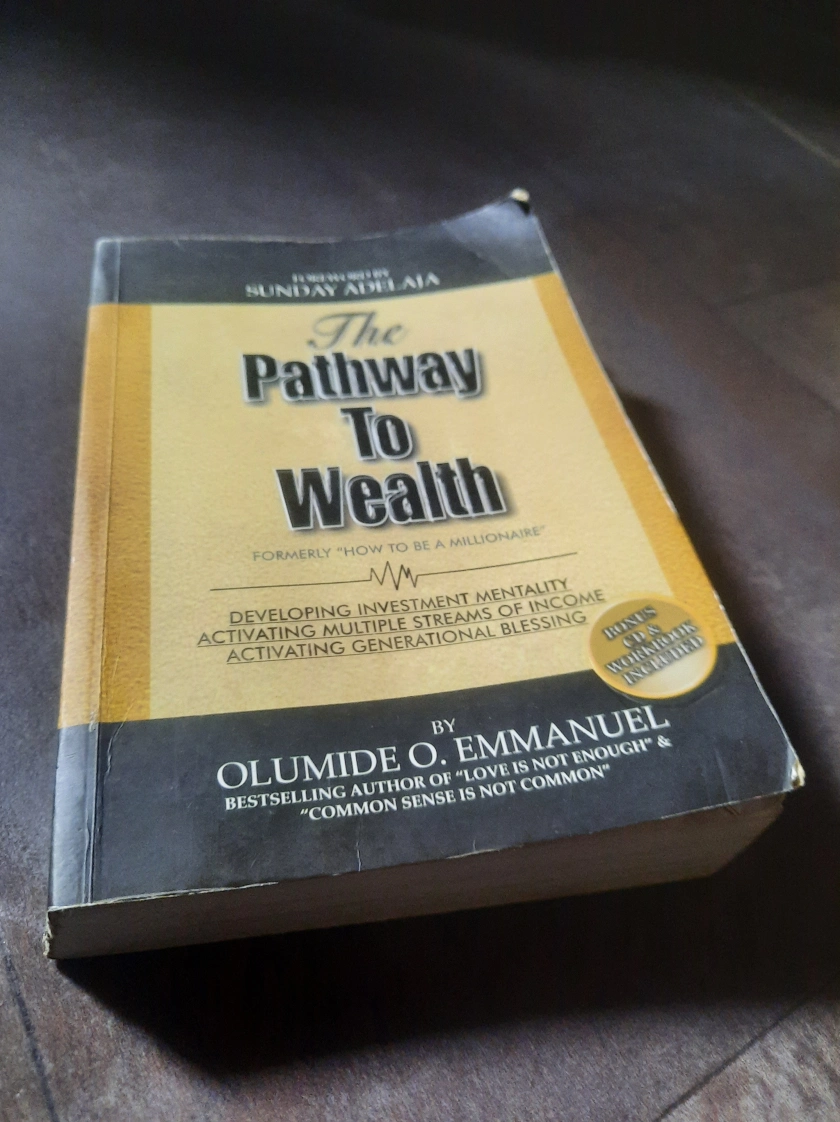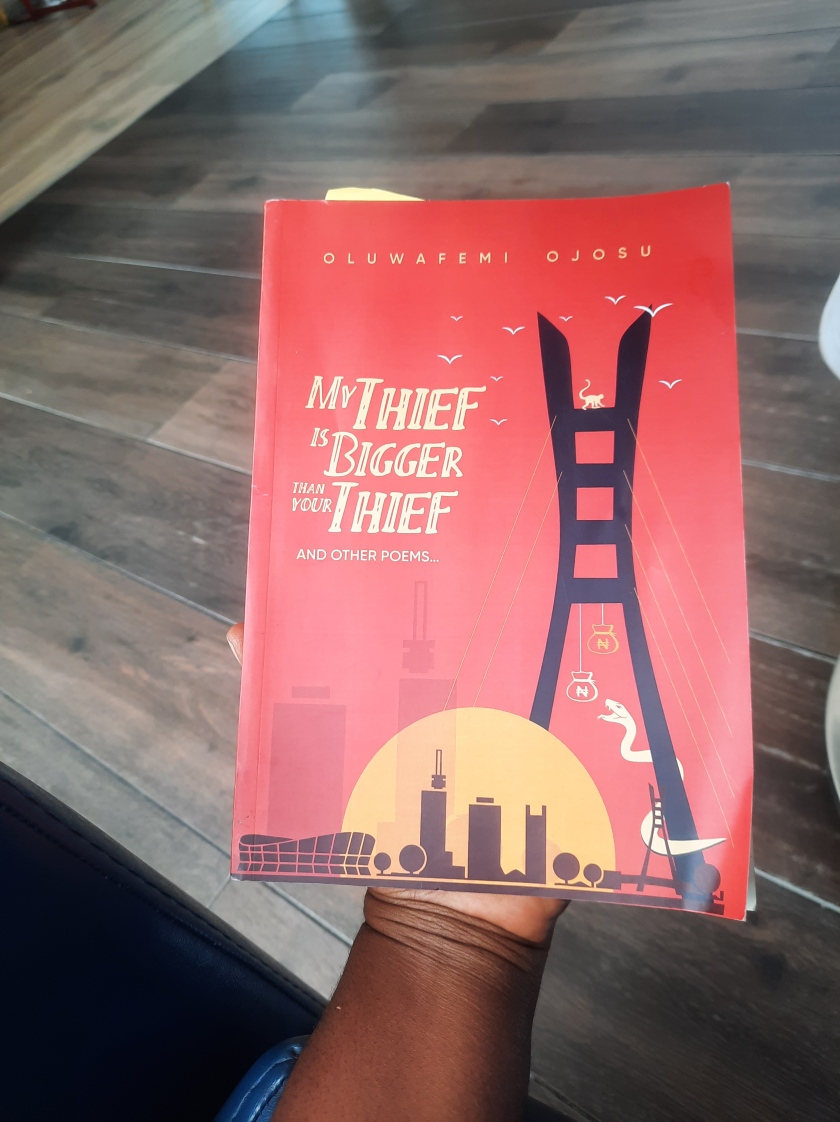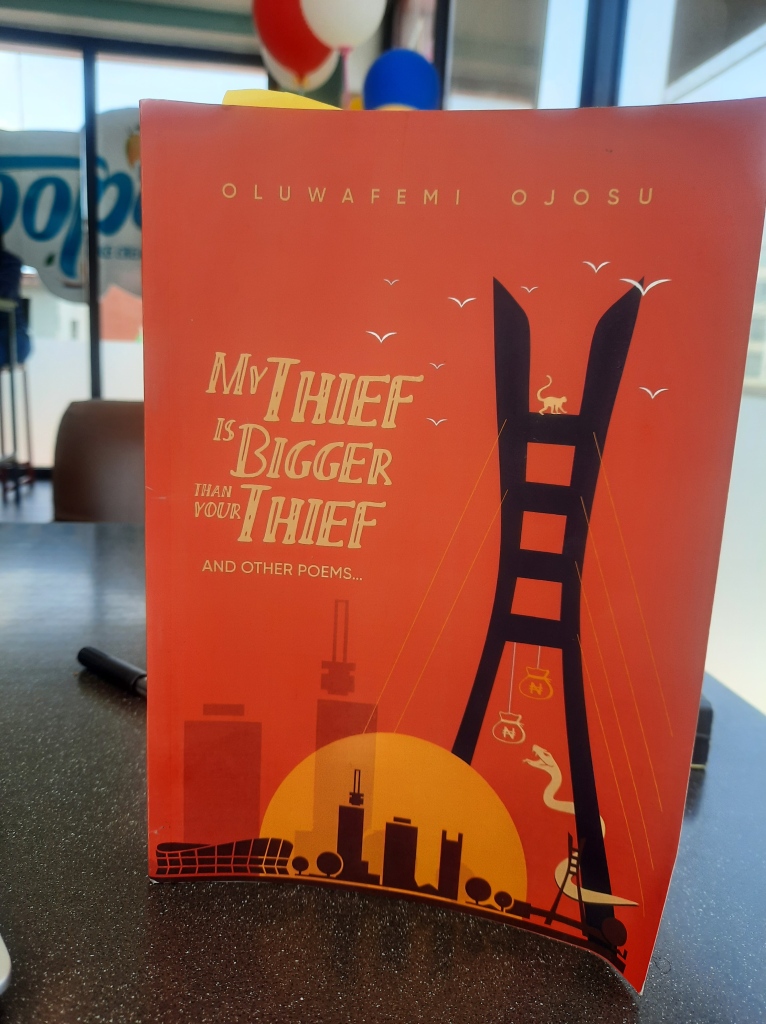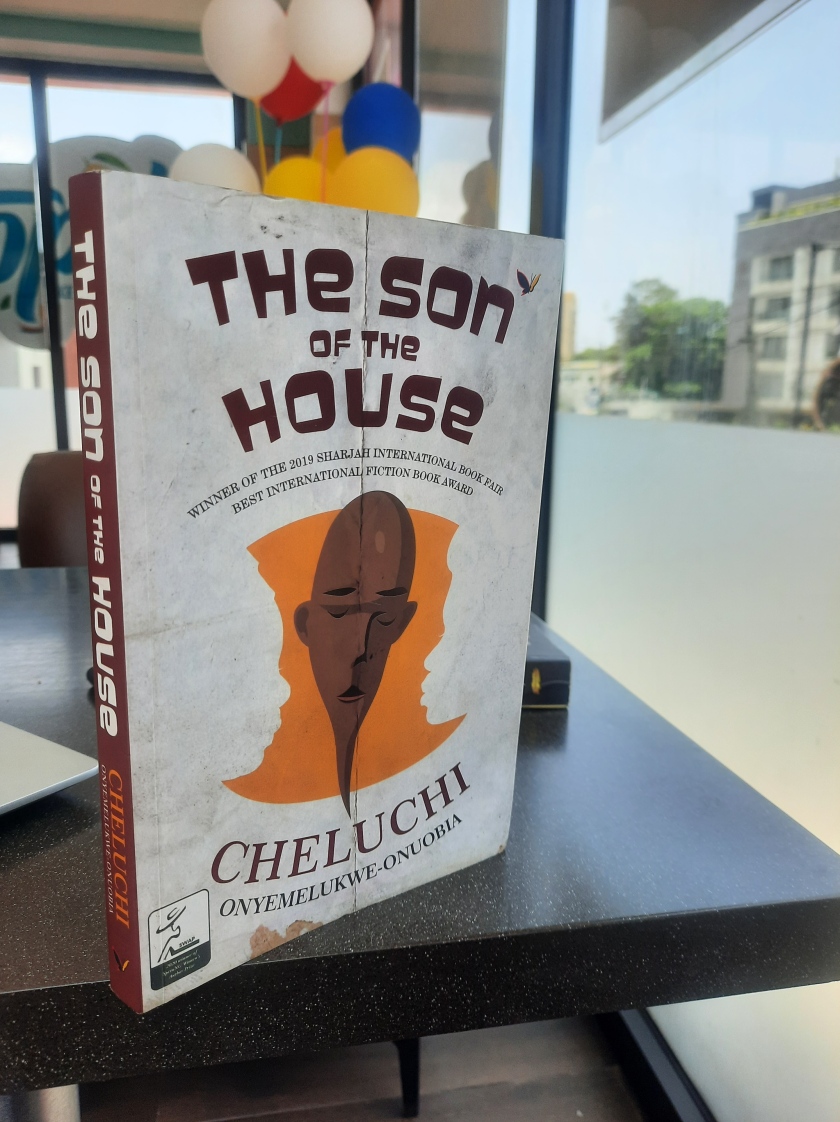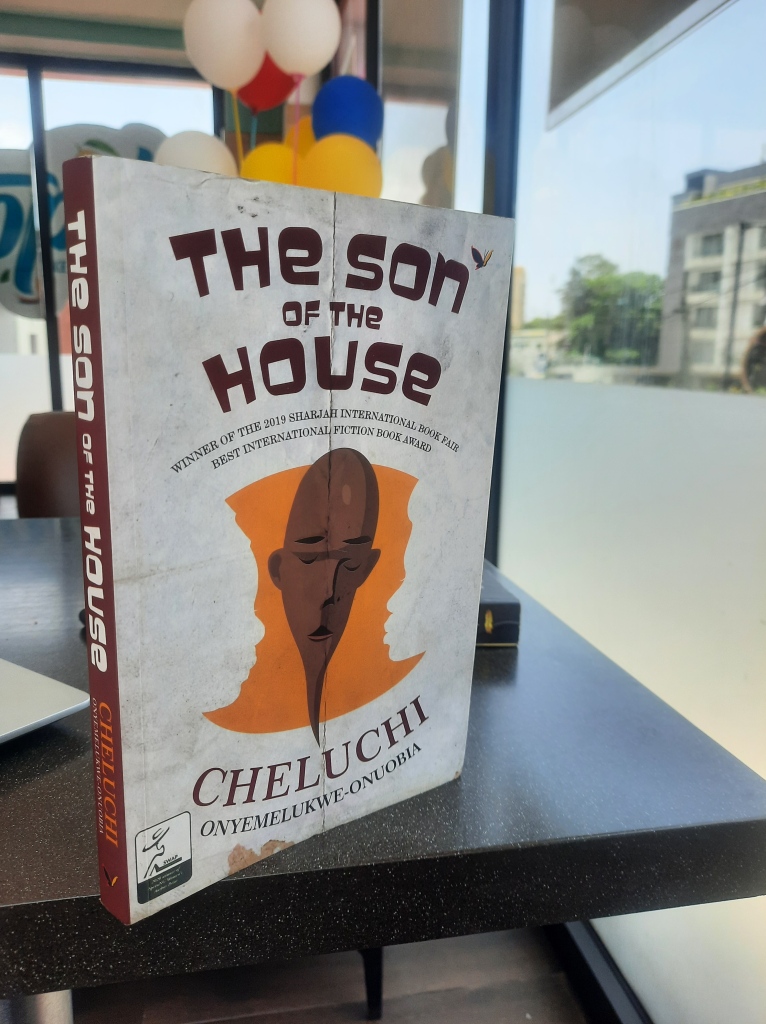One decision I took a few years back, that I am grateful to God for is the decision to pursue financial literacy. When I think about the kind of wealth I would like to control, I genuinely wonder if I am crazy. I also wonder how it is even possible to think about money like that. Sometimes, I ask myself in Yoruba whether money grows on trees, and whether I should go and start plucking it.
I listened to Mr. Emmanuel for the first time in 2023 at the Youth Aflame Conference organised by PDan (Pastor Daniel Olawande). He had some of his books at the event, so I bought a copy of this. Have I said that my ultimate financial goal is to be able to control and allocate immeasurable wealth for the advancement of God’s kingdom here on earth? Yes. So, I have been on the pathway to wealth for nearly half a decade. (Did you see what I did there?)
Let us get straight into the review. First let me say, it is not a lengthy book. It only appears bulky because of the formatting style used. I think it is double line spacing with a smaller paper size (it is definitely smaller than 8.5×5.5 by half an inch). It also comes with a CD, although I wondered when I bought it if the CD was ever going to be used. I haven’t seen a laptop with a CD player in a long time, (Lol, my age is coming through. At least, I know what it is. Some people have no idea.) Finally, it also has an inbuilt workbook which is an absolute idea. The workbook is quite a resource, and if properly responded to, gives you an opportunity to read the book again, as each chapter has a number of questions dedicated to it.
Although it is not a faith-based book, it relies quite heavily on scriptural passages to support some of the principles. This is not bad in itself. In fact, it is not a problem, but if you are not a Christian you don’t need to be bothered. The Bible contains a lot of nuggets of wisdom that can apply to both Christians and Non-Christians. If you are Christian, you would really appreciate the scriptural references because it gives a deeper insights on some of well quoted but sometimes improperly explained scriptures that have been a source of problematic doctrines in the Christian faith.
One of the first things I learned when I started my financial literacy journey that financial freedom is really dependent on your mindset than what you actually do with your finances. If your mindset is wrong, you will always do the wrong things. If you have the right mindset, then you are more likely to succeed. And I see that the book is written along these lines. It tries to lay a very good foundation by helping you question what you really think and know about money or wealth. What do you know about savings? What do you know about investments? What do you know about wealth? Is your knowledge accurate? What is the gap in your knowledge? The book then goes on to lay down principles that you need to imbibe in order to develop the right mindset. Some of these principles are supported with anecdotes, which you would enjoy if they appeal to you.
Continue reading “The Pathway to Wealth by Olumide O. Emmanuel”
